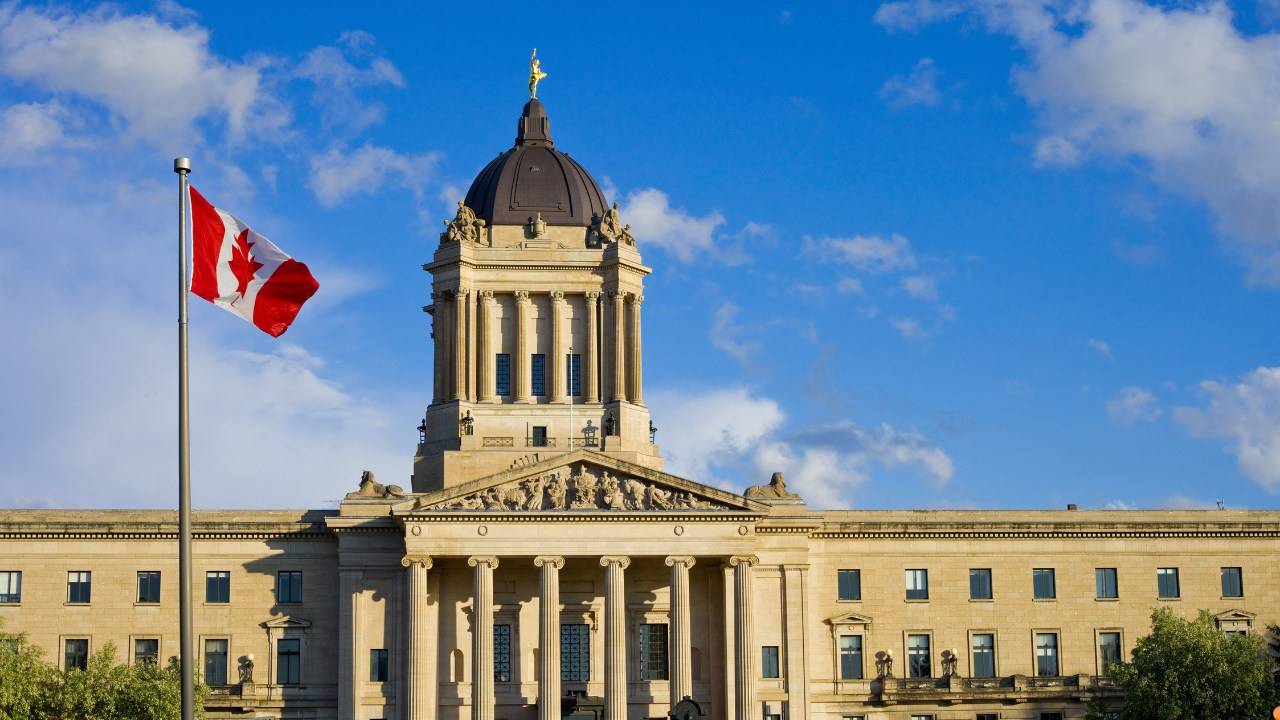Canada plans subsidies for carbon capture and net-zero energy projects, a source says. A $20 billion, five-year government plan supports green technology and reduces emissions.
This month, a new law responding to industry pressures and potential $36 billion investment losses is due. It will aid carbon capture, storage, and low-carbon energy projects. Finance Minister Freeland is expected to announce these tax credits on Tuesday. The Fall Economic Statement includes five programs, funneling $19.7 billion in five years.
The subsidies require paying union wages and offering apprenticeships for maximum benefits. This ensures fair economic and environmental progress. Canada lags behind the U.S. in low-carbon technology incentives. The U.S. Inflation Reduction Act has spurred over $132 billion in clean energy investments.
CCUS technology is vital for reducing emissions in Alberta’s oil sands. As the world’s fourth-largest oil producer, Canada balances environmental and economic interests.
Prime Minister Justin Trudeau’s government views the transition to a low-carbon economy as pivotal. Investment tax credits are instrumental in achieving Canada’s goal of net-zero emissions by 2050. “There is a global race for capital and investments in these sorts of projects,” the source noted, highlighting the government’s intent to provide investment certainty.
Details of the fiscal plans are not public yet. The finance ministry hasn’t commented on future documents. The CCUS and clean tech credits were announced in 2021 and 2022, but legislation is just coming.
Freeland will outline timelines for other promised tax credits soon. Public consultations and proposals are expected next year. This includes funding for green technology machinery and hydrogen production, with a full plan by 2024.
The Fall Economic Statement will also address Canada’s housing crisis and propose Competition Act reforms. This includes anti-predatory pricing measures, part of a broader economic and environmental strategy.
More inspiring green news similar to this:

